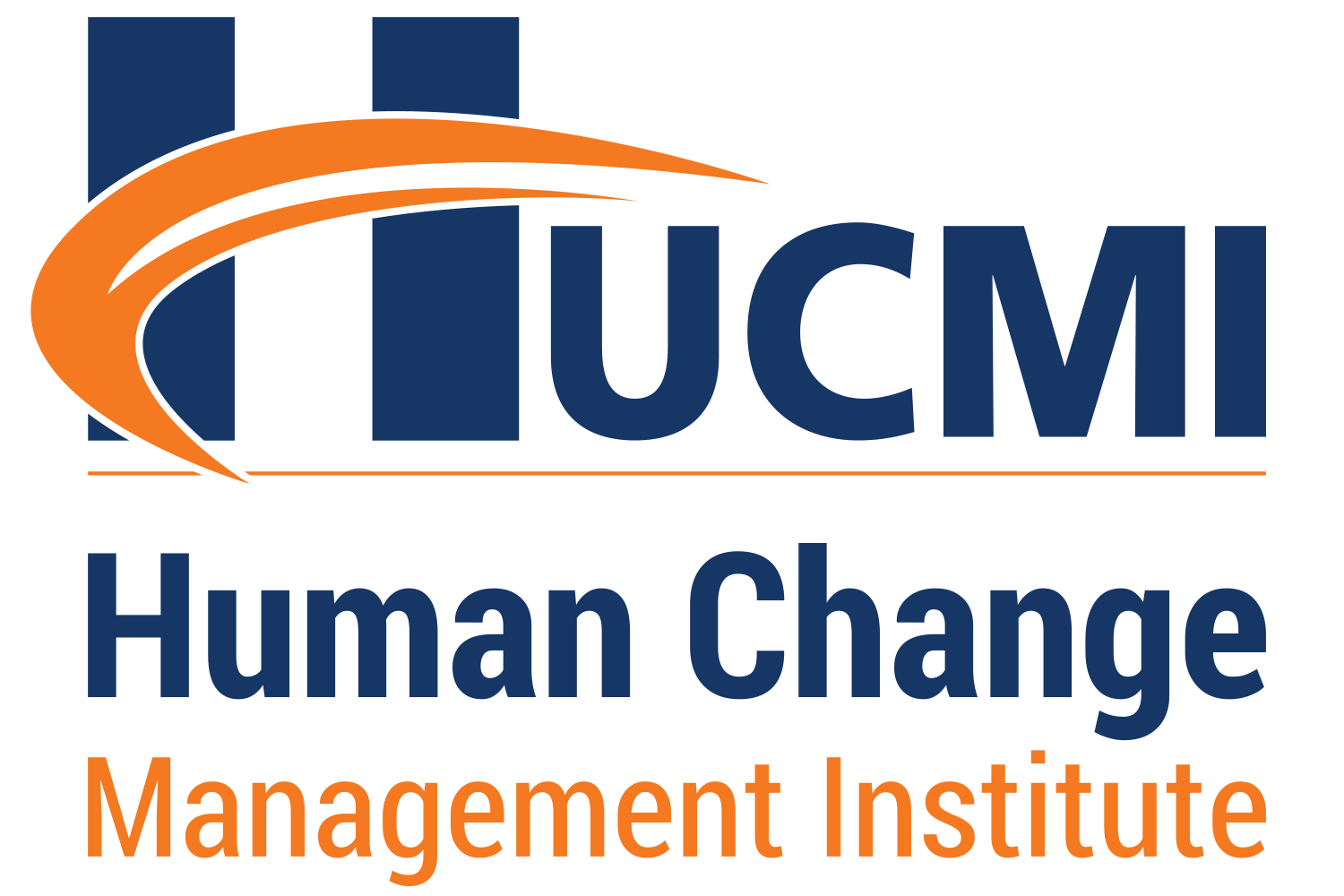Change Management has never been such a relevant topic in organizations as in recent years. Millions of dollars in failed investments, in digital transformation projects as well as the repercussions of the pandemic, have shown us that any endeavor to be successful, needs high engagement and as little resistance as possible from stakeholders.
The human factor became the core of organizational transformation processes, that is, changing organizations together with people, through people and not in spite of people.
Organizational Change Management has been classically defined as the discipline that supports people and organizations in the transition from the current state to a future state.
The objective of Change Management in the contemporary world is to plan, apply, measure and monitor human factor management actions to prevent human resistance from becoming a barrier to the strategic objectives that motivated the initial investment.
It is this pragmatism, combined with a practical, but at the same time human approach, that characterizes the movement called Change Management 3.0, or alternatively, the third generation of Change Management.
We can summarize the modern change management approach in accordance with 7 basic principles:
1) Organizational change is the result of human changes that impact each stakeholder.
2) Each person has their own time to digest the changes. Resistance is natural. It is through an empathic attitude and a focus on the root cause that leaders and change managers can understand the discomfort, concerns and potential sources of antagonism of a stakeholder. Every antagonist is a person struggling with changes and who needs help with the transformation process.
3) It is not logic that promotes human change. You can create a sense of urgency, raise awareness of change, define clearly the objective to be pursued, develop a super communication plan, but all this only creates a rational environment for change. Creating a connection with people, inspiring them through purpose, listening to them empathically, using participatory and co-creation processes is the best way to impact upon people’s emotions. Human change takes place through emotion and not reason.
4) Some people are afraid of change and don’t want to leave the status quo that represents their comfort zone. Fear and psychological insecurity can be overcome with a humanized approach to change. The major barriers to be overcome by people affected by changes are: ego (in the sense of vanity and pride), perception of change in their position of status and power, and finally, personal agendas. Personal agendas are the hidden set of our career-related ambitions and desires that are often not aligned with the changes that will be introduced in an organization.
5) Managing change is humanizing it and this requires vision and frequent communication from the moment the change is conceived in the strategic planning until its full institutionalization in the organizational culture.
6) Silence communicates and when we don’t say anything we are saying a lot. Worse, we are allowing communication management to be driven by the speculation of those who are in a state of organizational anticipatory grief, that is, suffering because of changes that sometimes have not even happened.
7) We usually have advance knowledge of when the project will end, but change is a journey and not an event, and it will still need support and time to consolidate. It is possible and even likely that not all people will adapt to the new working model introduced by the changes. This is a dilemma that will need common sense as people can also become obsolete and find it difficult to maintain their position in the organization.
Change is not easy, but learning to manage change through a humanized leadership strategy, structured in good practices, tools and methodology that promote high engagement, stakeholder protagonism and consequently less resistance, can represent the border between failure and success of an organization.
Get ready, the world is now no longer just for resilient people, but also for highly adaptive people and companies that know how to shape their future, continually reinventing themselves to remain competitive.
This is the challenge for all of us, self-knowledge, so that we are the leaders of our own changes and development of technical and human skills so that we can lead and manage changes in organizations.
Want to know more about this fascinating and essential topic for success in your career? Visit our website, download the first chapters of our books and view the training schedule: https://hucmi.com/
